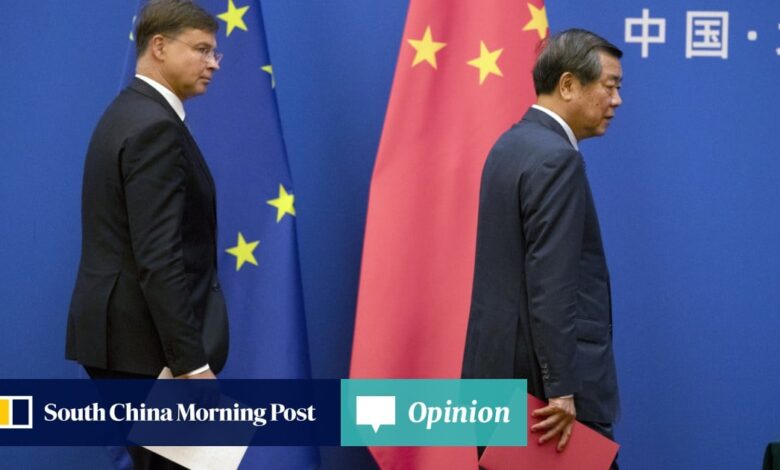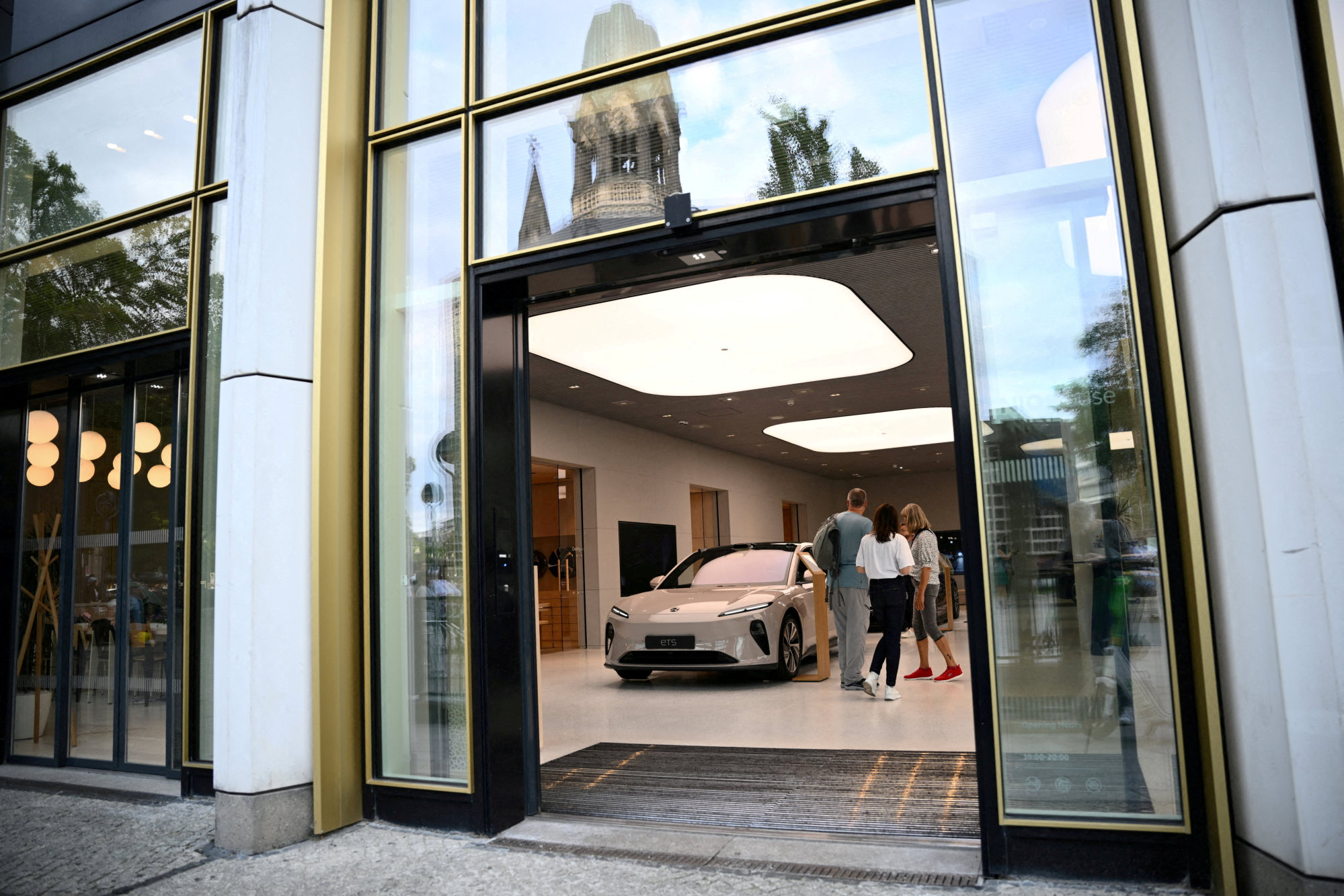Opinion: Obstacles to better China-EU relations can be cleared

[ad_1]
I have come to China to have frank exchanges about obstacles that exist in our EU-China relations, and to talk about how to manage this relationship more effectively. Indeed, we need to work with China, just as China needs to work with us, as the world has become ever more interdependent.
We are not afraid of a multipolar world. A multipolar world reflects the fact that wealth has spread to an increasing number of nations, and we welcome this. Yet for it to function peacefully, this multipolarity requires regulation. However, while multipolarity has increased, there has been a decline in multilateralism.
On the economic front, our relationship is currently far from satisfactory. We are a major export market for China, but this relationship has for many years been an imbalanced one, and that imbalance continues to worsen.

If the European public think that trade imbalances with China are endangering key sectors of our industry, they will demand more protectionist measures. It is therefore in our common interest to address the imbalances in our trade relations.
China itself has been pursuing this kind of policy for years. In 2020, President Xi Jinping said that China “must build a domestic supply system that is independently controllable, secure and reliable so that self-circulation can be accomplished at critical moments”. It is de-risking with Chinese characteristics.
It is also important to resume people-to-people exchanges between Europe and China, be they personal, economic or scientific. They are currently at a very low level.
Finally, security is an important aspect of the relationship between Europe and China. We have to convey our concerns to China in a frank way.
Since the outbreak of the war against Ukraine, China’s ambivalent position has been difficult to understand in Europe, given the fact that it is clear that one country (Ukraine) is being attacked, and the other one is the attacker (Russia). Europeans have felt that China has not been using its unique influence to persuade Russia to halt this aggression.
We are not asking China to adopt the same standpoint as the EU. However, China cannot have it both ways. In Ukraine, China’s interests are clearly different from Russia’s: China wants to engage with Europe, Russia seeks to demonise it.
The other major security issue in EU-China relations is Taiwan. Our position is clear: no recognition of Taiwan as an independent state; no to intimidation, coercion and provocation by any side; no to the use of force; yes to bilateral ties with Taiwan, which do not imply any kind of political recognition as an independent country; yes to resolving tensions through meaningful and open dialogue.
Europe takes China seriously. It expects the same in return. Despite our differences, there is scope to work together. It is up to us to broaden that scope together. That is the purpose of my visit.
Josep Borrell Fontelles is the European Union high representative for foreign affairs and security policy and vice-president of the European Commission
[ad_2]
Source link






